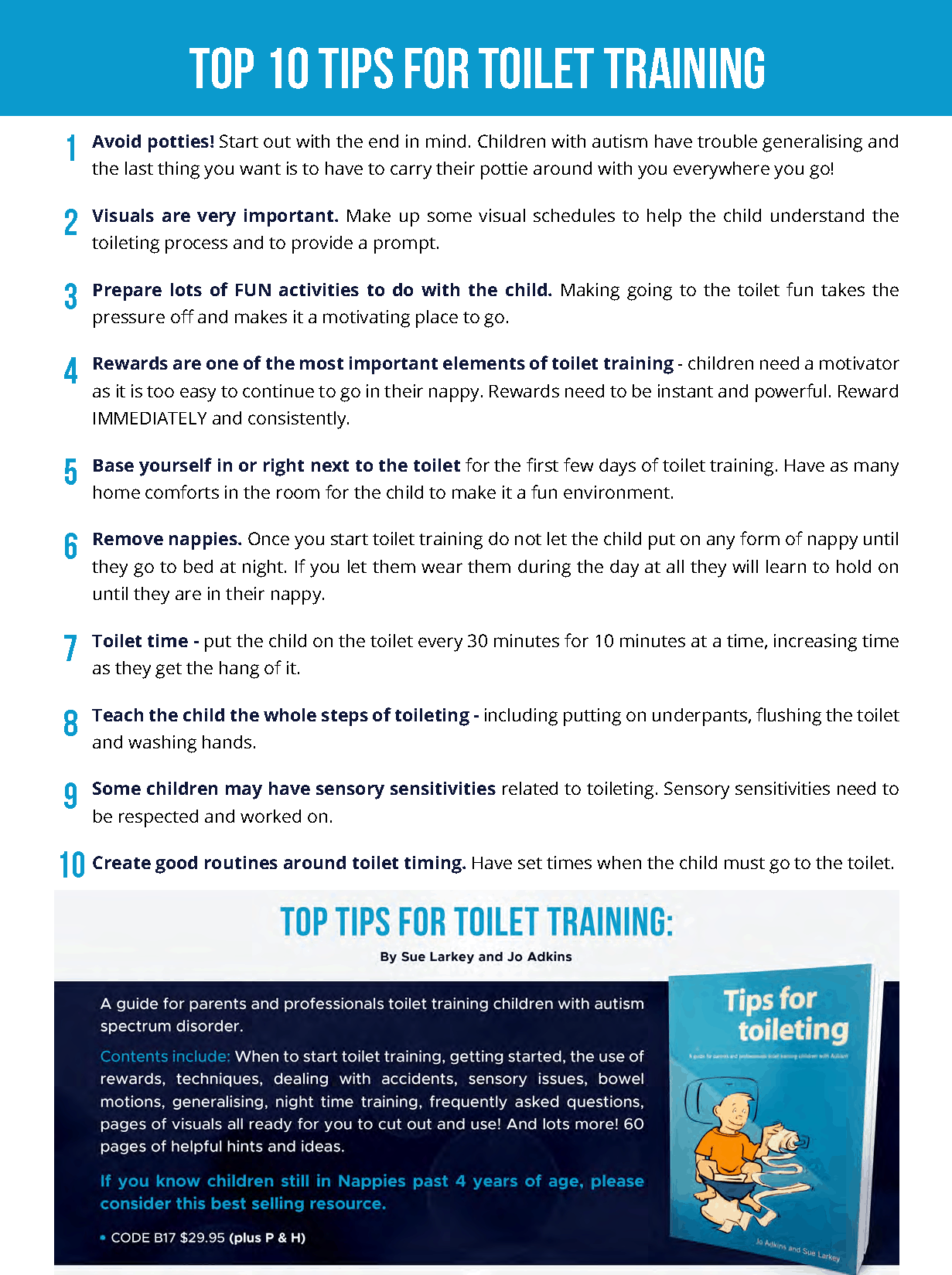WHY YOU NEED TO KNOW ABOUT INTEROCEPTION AND THE IMPACT ON THE KIDS YOU KNOW
Did you know why you need routine drink, toilet & snack breaks for children with ASD, ADHD & SPD?
Interoception refers to the ability to perceive and understand your internal sensations and emotions. This occurs through receptors located throughout your body which communicate to your brain.
When the interoceptive system is working properly, you are motivated to take action to restore your balance and help you feel more comfortable. For example, if you get thirsty – you get a drink; if you feel cold – you get a sweater; if you feel anxious – you seek comfort. Simply, interoception is your urge to act.
For children with sensory processing issues, the brain can’t understand the sensory information their body if sending them meaning they are not able to identify their feelings. This often results in a sense of frustration, as they can’t locate their feeling of discomfort, and can cause meltdowns.
To tackle this, I highly recommend you introduce routines. These will accomodate for a the child whodoesn’t necessarily ‘know’ they are hungry, thirsty or need the toilet. It will also minimise discomfort and put them in a better mood . Think of yourself when you’re hungry, thirsty or need the toilet; does it affect you emotionally? In my experience, often sending a child to have a drink, go to toilet or eat something can prevent a meltdown. Therefore, I encourage you to create set routines for drinks, snacks and the toilet, as, whilst they can be challenging and time consuming to set up they are incredibly rewarding for everyone.

Some Strategies
Schedule in set times for a drink (before/after play, every time go to toilet)
Have a drink available on their desk at school or easy access in car/home
Send for a drink when showing signs of anxiety (i.e. humming, asking questions, talking about special interest, starting to shutdown)
Monitor water intake. Maybe see how much other children drink and ensure having sam amount or more
Have drink before and after eating
Ask parents how they drink at home, how often they drink, if prompted or remember, and what they drink from (special cup, etc)



 Sorry we no longer ship items outside Australia. Please consider the digital versions of Sue’s Books –
Sorry we no longer ship items outside Australia. Please consider the digital versions of Sue’s Books – 